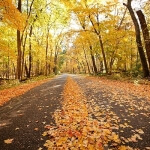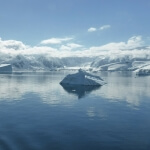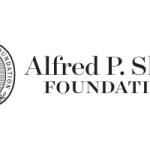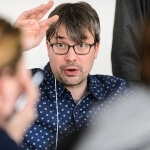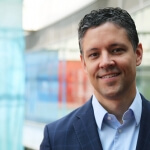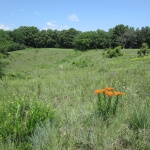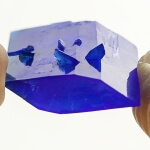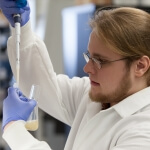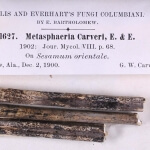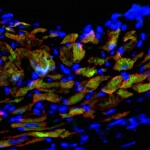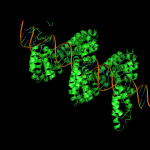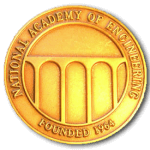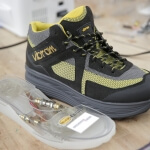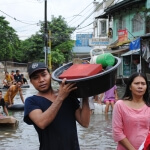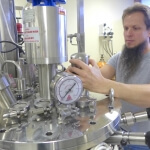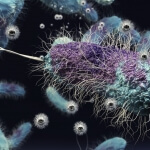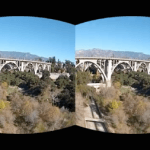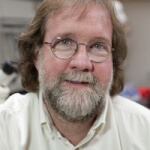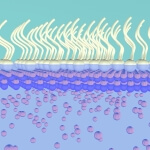Category Science & Technology
Arboretum review seeks to strengthen iconic research program
The Arboretum was dedicated in 1934 and has served as a laboratory for generations of field ecologists, including the iconic conservationist Aldo Leopold.
3 researchers awarded prestigious Sloan Fellowships
The competitive awards are given to promising young researchers in the early stages of their careers.
Siftr: Web tool for citizen science, ethnography, teaching
The Field Day Lab's creation is already in use in different corners of the globe and is gaining traction, especially among educators.
60 years after pioneering survey, Wisconsin prairies are changing rapidly
Researchers have found that human influence has accelerated the rate of species change in these prairies and likely in other natural places.
Specimens from George Washington Carver discovered at UW–Madison
At least 25 specimens of fungi that infect plants, collected more than a century ago, were found in the Wisconsin State Herbarium.
Grassland biofuels could benefit people and birds in Wisconsin and beyond
Converting marginal farmlands could also have other natural benefits, from creating habitat for pollinators to keeping nutrients in the soil and out of waterways.
Power walk: Footsteps could charge mobile electronics
When you’re on the go and your smartphone battery is low, in the not-so-distant future you could charge it simply by plugging it into your shoe.
Long-term picture offers little solace on climate change
A new study finds that the catastrophic impact of another three centuries of carbon pollution will persist millennia after the carbon dioxide releases cease.
Small-scale protein production a big business for UW spinoff
Unlike many young biotech spinoffs, Fritz Schomburg's company — Lytic — earns its income not from federal research grants, but from shipping product.
Virtual reality makes its best users the most queasy
In a twist of virtual fate, people with the best 3-D vision are also the people most likely to suffer from motion sickness while using virtual reality displays.
Lewis Thomas Prize to be awarded to Wisconsin’s Sean Carroll
Carroll was instrumental in building the field of evolutionary developmental biology, known colloquially as evo devo.
Nanosheet growth technique could revolutionize nanomaterial production
Tiny sheets of the semiconductor zinc oxide could have huge implications for the future of a host of electronic and biomedical devices.

